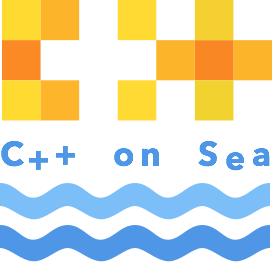Two new Keywords in C++20: consteval and constinit--Rainer Grimm
The series continue.
Two new Keywords in C++20: consteval and constinit
by Rainer Grimm
From the article:
With C++20 we get two new keywords: consteval and constinit. consteval produces a function that is executed at compile-time and constinit guarantees that a variable is initialized at compile-time...

